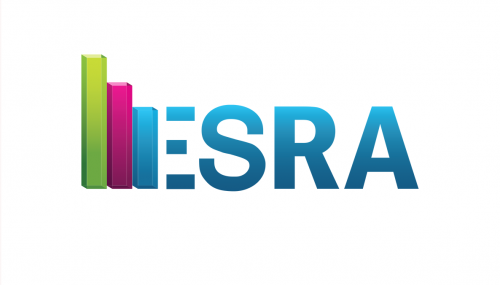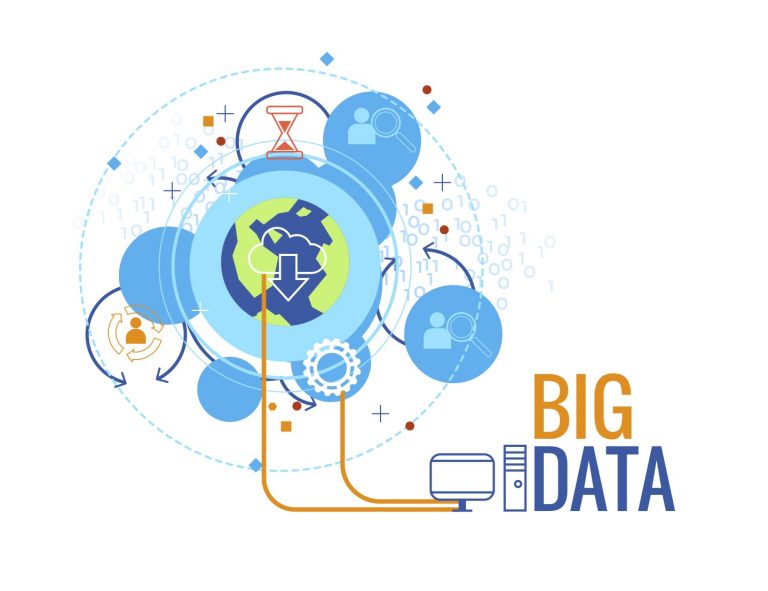Publications
A collection of articles, presentations or blog posts I have created over the years.
Blog - My First Exerpiment with Bun
Bun's claims of being substantially faster than their competitors and being able to just drop Bun in to replace incumbents such as Jest, are true. From being able to execute TypeScript directly, no longer worrying about the separation of ESM and CommonJS and being far more plug-n-play than Jest, Bun won me over very quickly.
September 2023


Blog - Monolith to Microservices: Frequently asked questions
At Babylon, we have been replatforming to replace our original Ruby-on-Rails monolith with microservices written in many different languages, the most common being Java. Over time, there have been frequently asked questions, lessons learnt and internal reflection over whether we are doing the right thing and in the right way. In this post I aim to share what we have learnt so far, even with the replatforming still ongoing.
February 2020


Presentation - An Application of Search Engine Topics Through the Use of DDI-3.2 Concepts
CLOSER is a consortium of eight UK longitudinal studies for the purpose of increasing the use, value and impact of longitudinal research. CLOSER’s flagship product is Discovery, a DDI-backed search engine for the documentation and appraisal for the eight consortium studies. To enhance the searchability of Discovery all Variables and QuestionConstructs in Discovery require a Topic from CLOSER's controlled vocabulary. Archivist provides bespoke infrastructure for inputting topic allocations. Through the use of Strands and Clusters the work has been reduced by 75%. Further savings are being implemented using deep learning to aid data managers.
December 2017


Presentation - CLOSER Repository: Modernising Longitudinal Study Management
CLOSER Discovery is a cutting edge search engine for the discovery of metadata on eight of the UK’s cohort and longitudinal studies. The longest running study that is documented in CLOSER Discovery has been running for over 70 years, which creates a formidable problem to document and manage.
July 2017


Blog - Why should I use international standards?
Space is big. Really big. You just won’t believe how vastly, hugely, mind-bogglingly big it is. – Douglas Adams And now data is big too. Lots of you will have heard, or read, that in the past two years we have created more data than all previous years combined. And there appears to be no indication or reason to think that this rate of growth is going to slow down anytime soon.
May 2017


Blog - Open data, what does it mean and why do we need it?
What is open data? I prefer to refer to opening up data, an action, rather than open data, a noun. This is because open data suggests an absolute state, while openness is relative to the environment and user. I.e. data is not either open or not, it exists along a spectrum depending who you are, what you would like to do with the data and where we are in the timeline of the data.
May 2017


Blog - Big data, what is it and will it be here to stay?
Although the term “big data” has been in use since the 1990s, it has gained popularity massively over the last 5 years.
Technological terms come in and out of fashion all of the time, e.g. we still have websites, but we do not call them the ‘World Wide Web’ anymore. We also see terminology evolve over time, e.g. ‘social network’ has been replaced by ‘social media’.
May 2017

